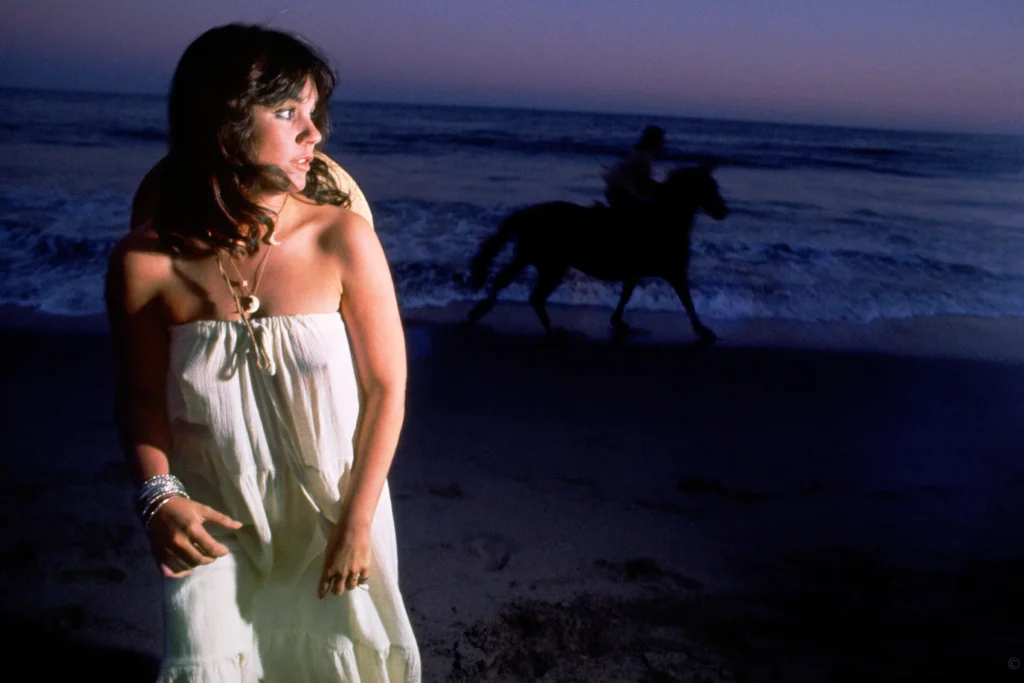
A Lament for Love’s Unraveling, Sung from the Wounds of the Soul
Released in 1974 on the landmark album Heart Like a Wheel, “Faithless Love” found Linda Ronstadt at a crossroads of vulnerability and vocal mastery. Though never issued as a single and thus absent from the pop charts, the song carved its own indelible path into the emotional consciousness of listeners and critics alike. As one of the more intimate moments on an album that would eventually reach No. 1 on the Billboard 200 and cement Ronstadt’s status as the reigning queen of 1970s country-rock, “Faithless Love” offered a stark counterpoint to the bolder, more commercial tracks. It whispered rather than shouted, but its resonance was thunderous for those willing to sit with its sorrow.
Penned by J.D. Souther, a songwriter with whom Ronstadt shared both professional and romantic ties, “Faithless Love” unfolds like a confession at twilight. Souther, a linchpin of the Southern California music scene and a frequent collaborator with the Eagles, understood the contours of heartbreak with an almost architectural precision. His lyrics are spare yet devastating, chronicling a love undone not by fury but by the slow erosion of trust and the inevitability of betrayal. And in Ronstadt’s voice, these words do not merely convey grief—they embody it.
The song’s construction is deceptively simple: a waltzing 3/4 time signature, a lonesome pedal steel guitar, and a sparse arrangement that gives Ronstadt ample space to inhabit the aching melody. But within that simplicity lies its emotional complexity. The verses paint vignettes of disillusionment—“Faithless love like a river flows / Raindrops fallin’ on a broken rose”—where nature itself becomes a metaphor for love’s capricious cruelty. The chorus, with its gentle yet relentless repetition, becomes a kind of incantation, a way of naming the pain to survive it.
What elevates “Faithless Love” beyond mere lament is Ronstadt’s interpretive genius. She does not just sing the song—she surrenders to it. Her voice, crystalline and unwavering, carries a purity that makes the betrayal all the more brutal. There is no histrionics here, no melodrama. Only the quiet devastation that follows when the dream of love collapses under its own illusions. Ronstadt doesn’t demand sympathy; she offers recognition. In her rendition, every listener becomes the abandoned, the bewildered, the heart-worn.
Though overshadowed commercially by “You’re No Good” and “When Will I Be Loved”, “Faithless Love” endures as one of Heart Like a Wheel’s most poignant statements—a testament to Ronstadt’s ability to transform melancholy into art. It is the song of the morning after, of the final letter never sent, of staring out a rain-streaked window and finally understanding that some loves are destined to betray, no matter how fiercely they are held. In that sense, it remains timeless—etched not just into vinyl, but into the shared emotional archive of anyone who has ever loved and lost.